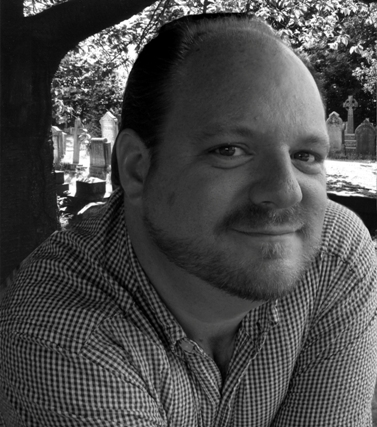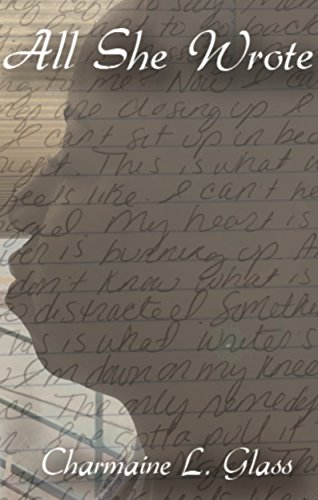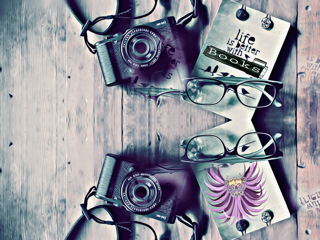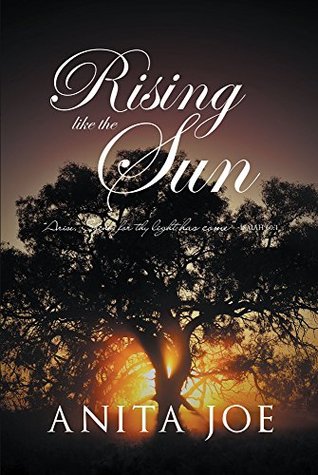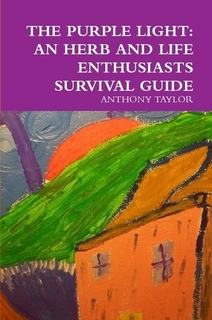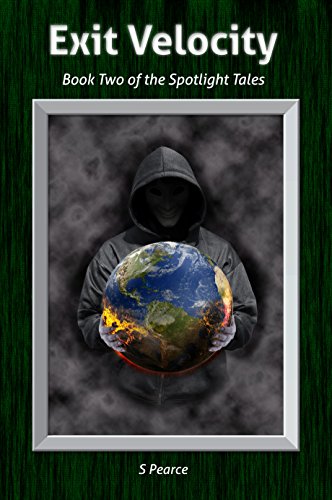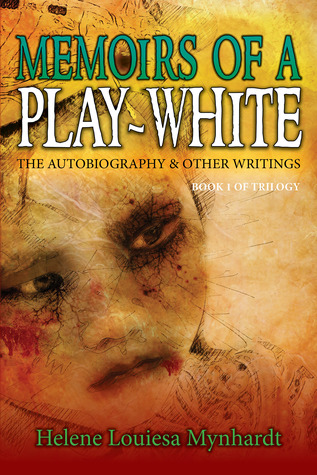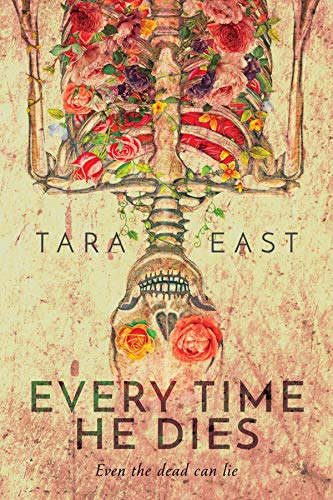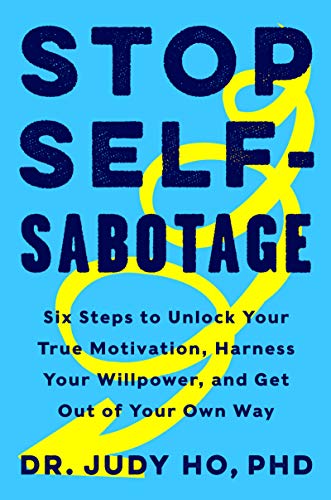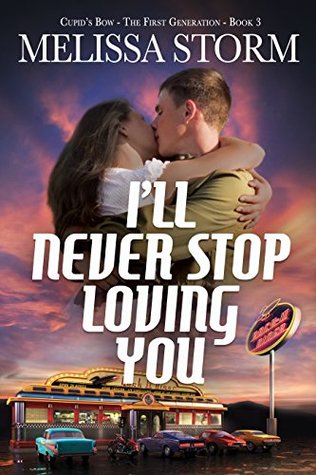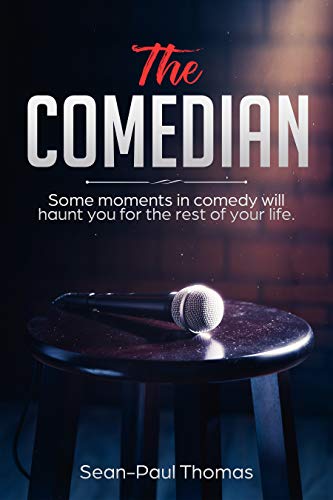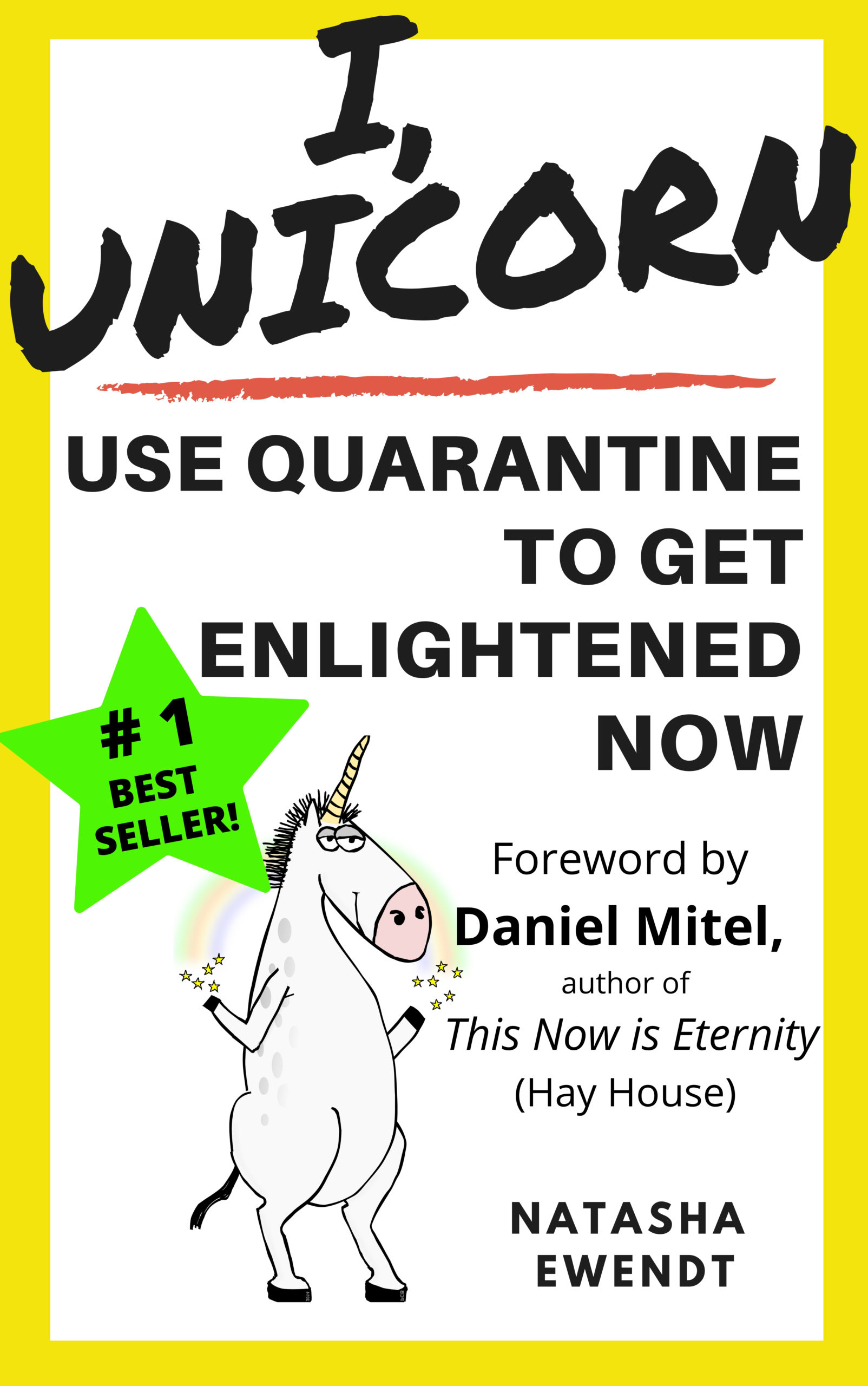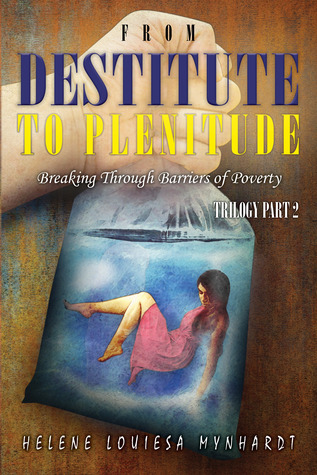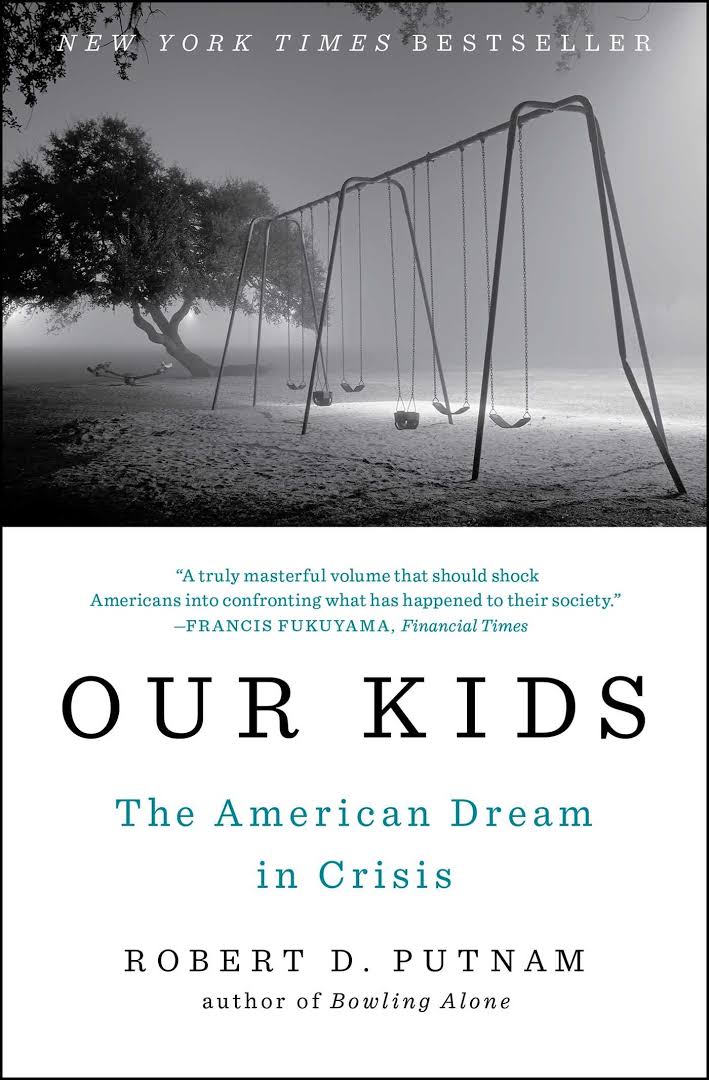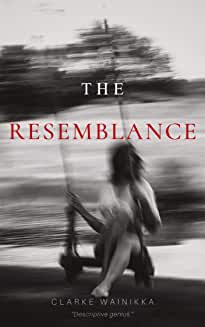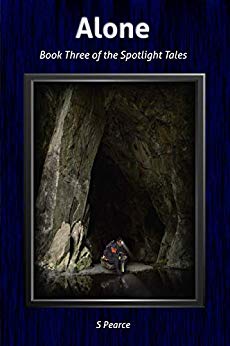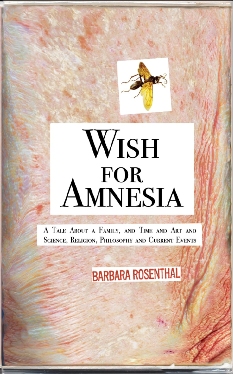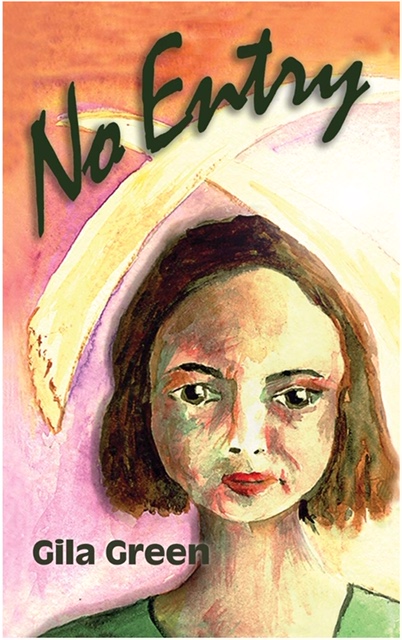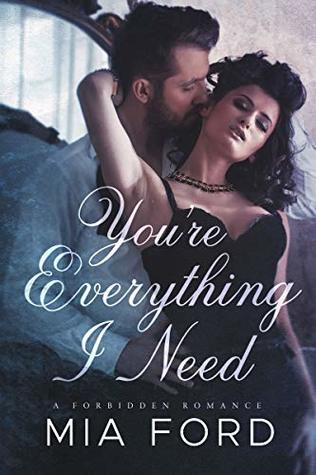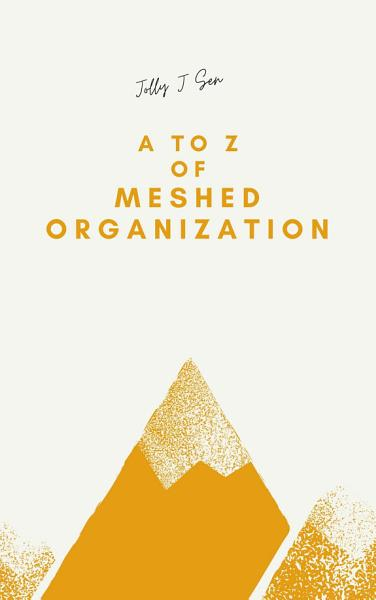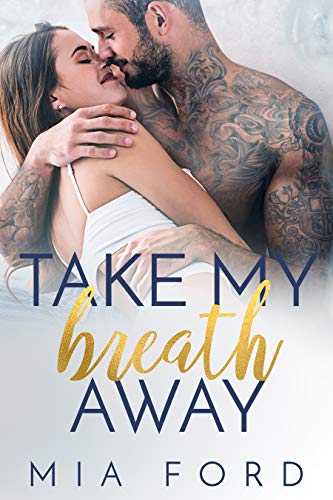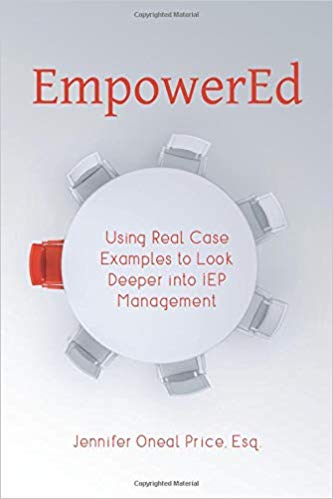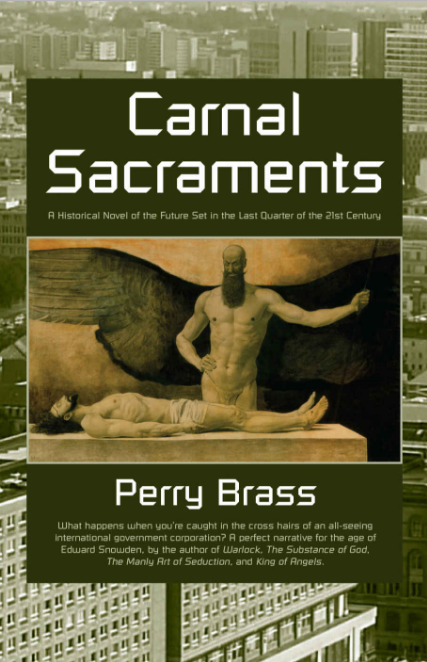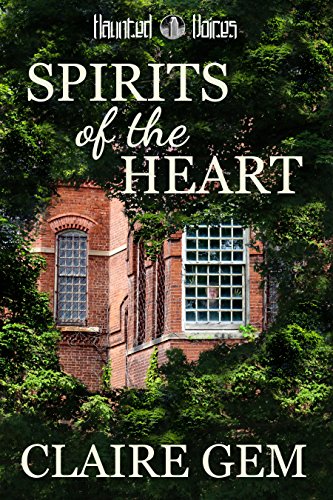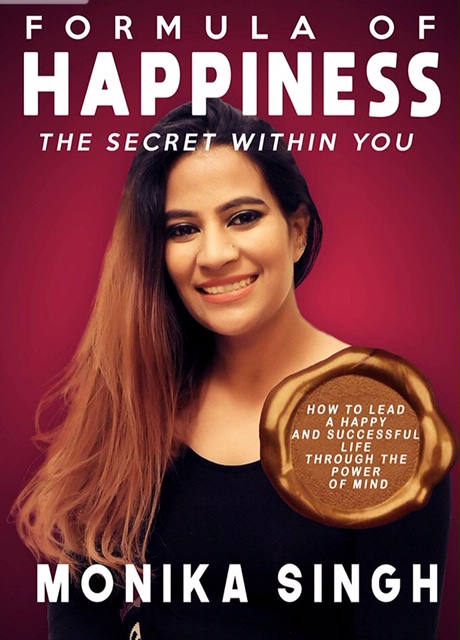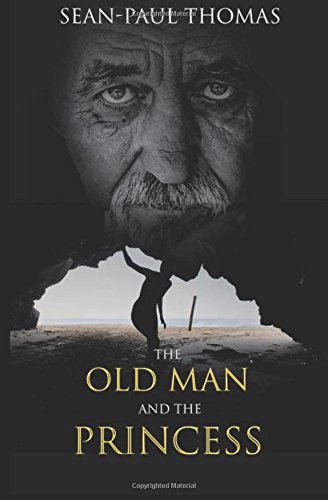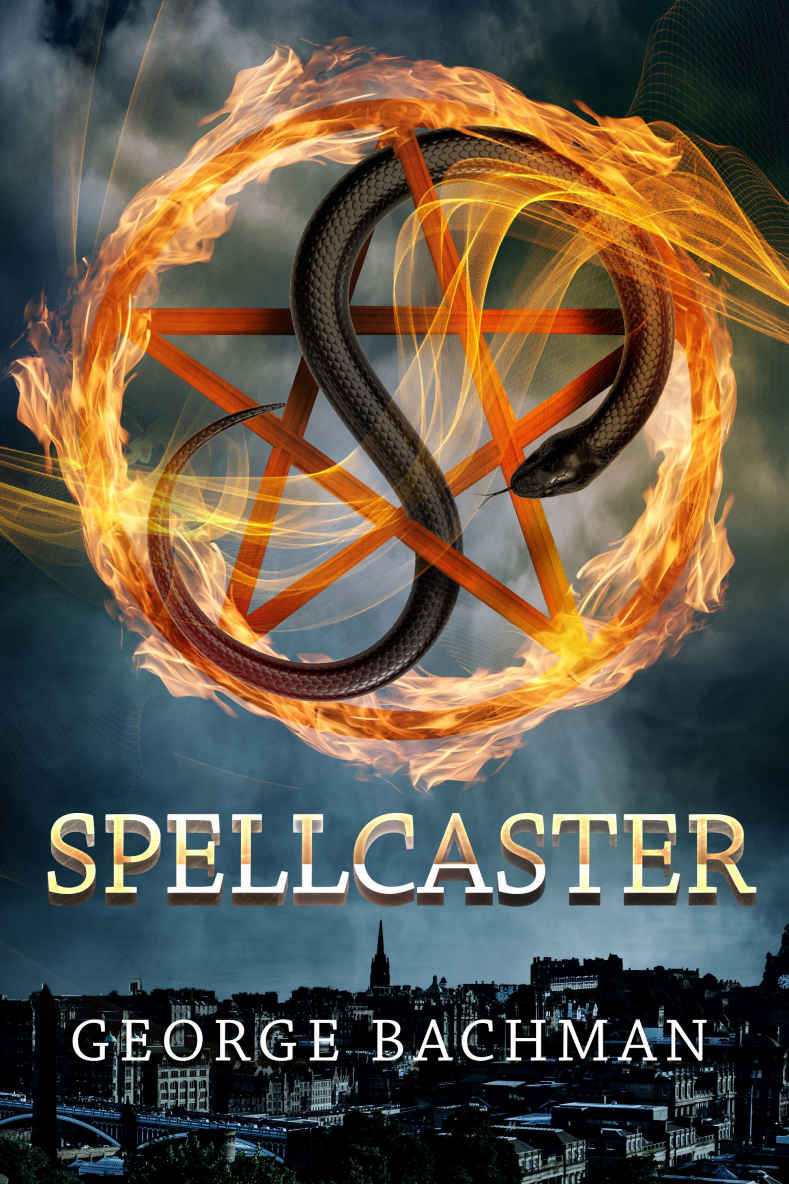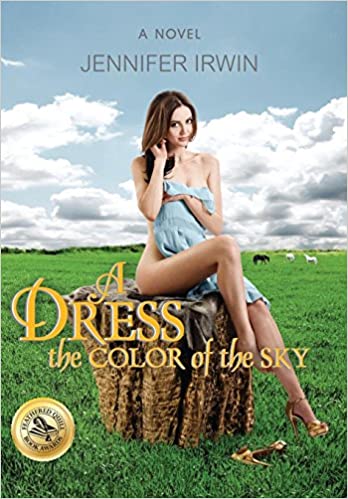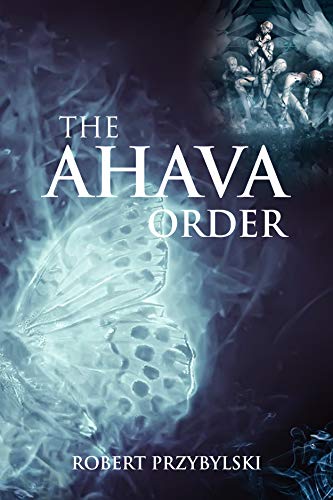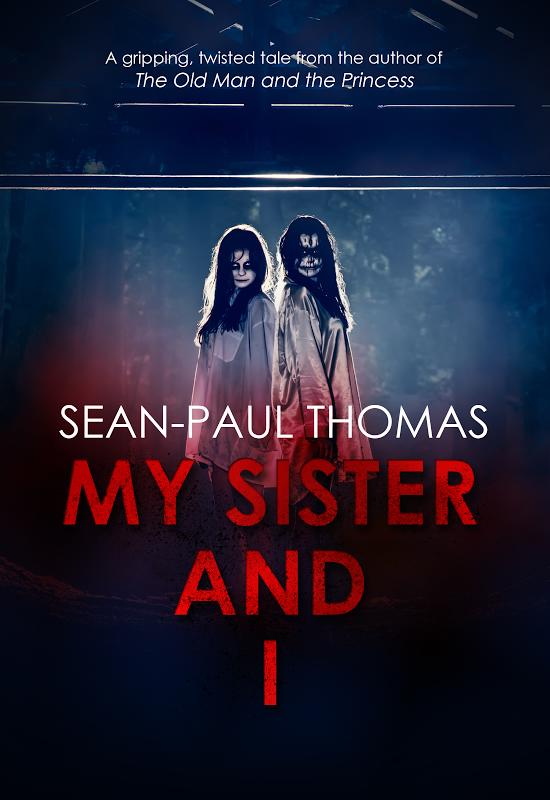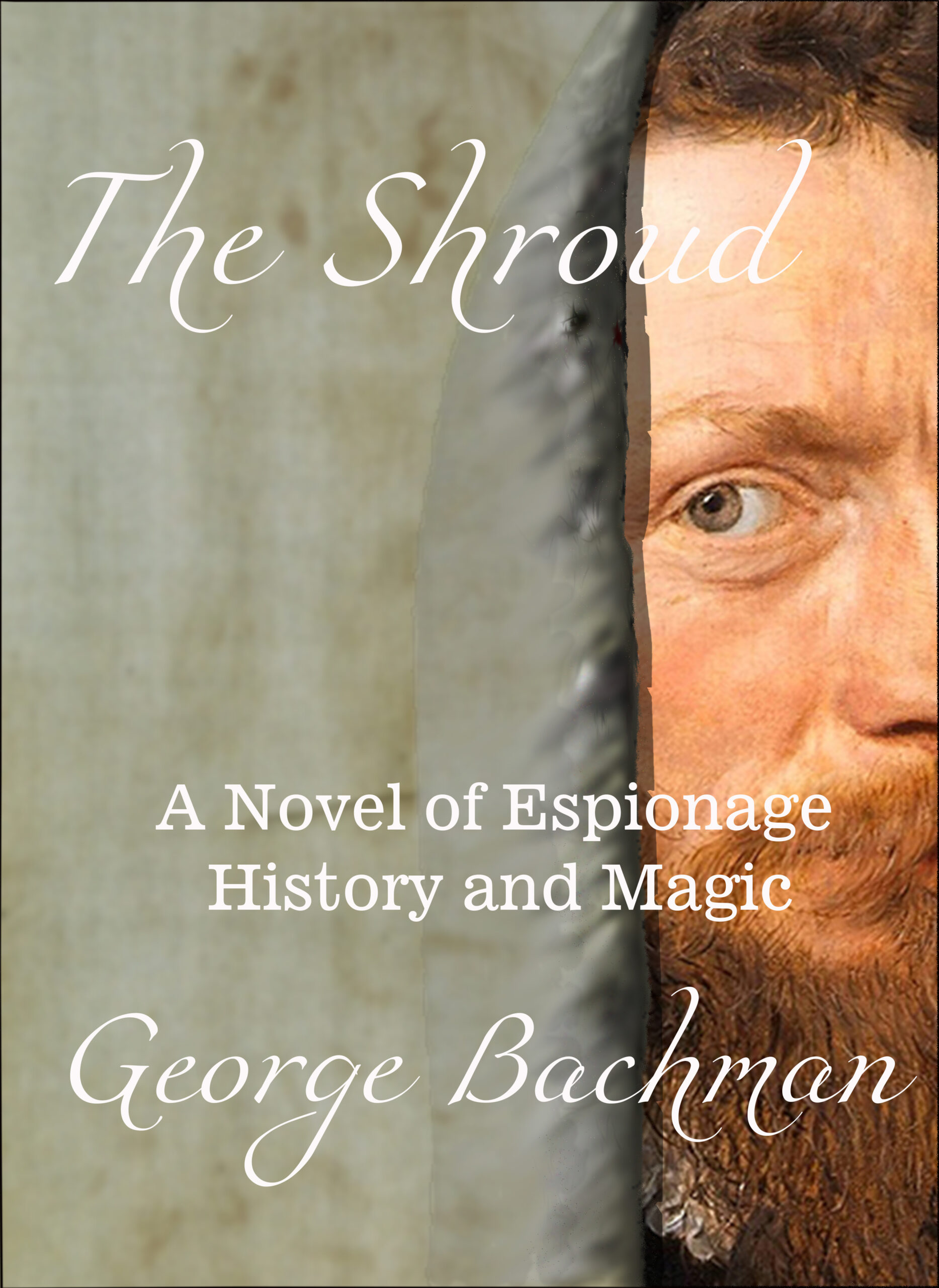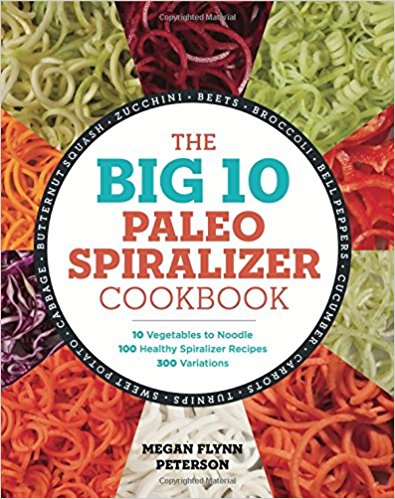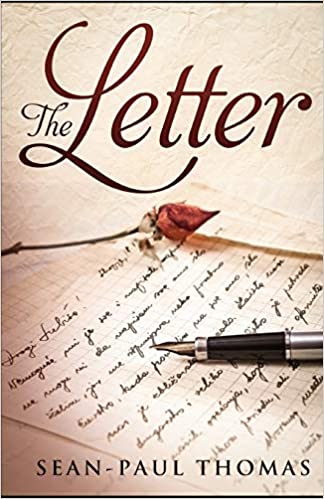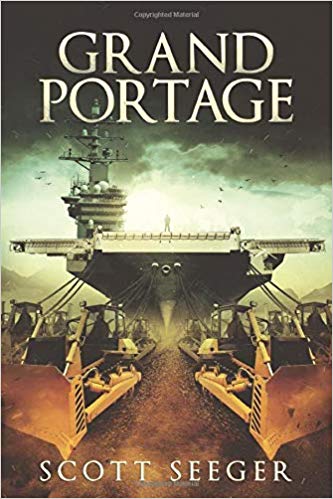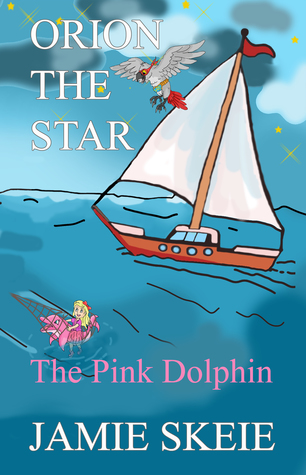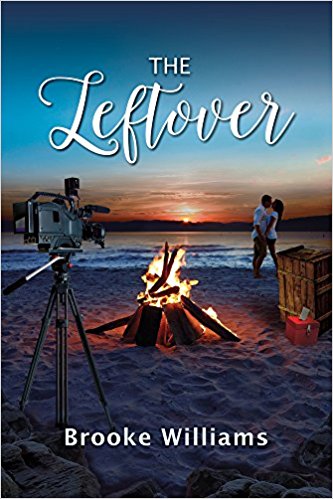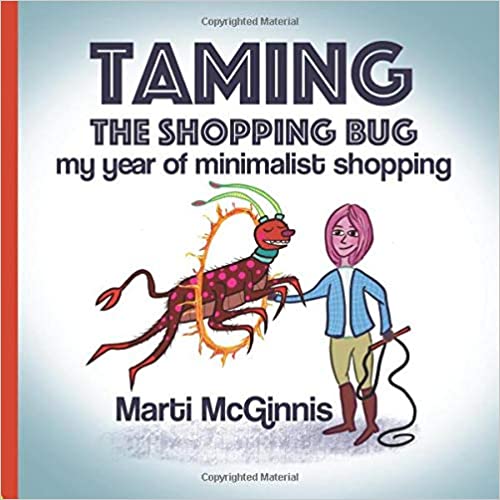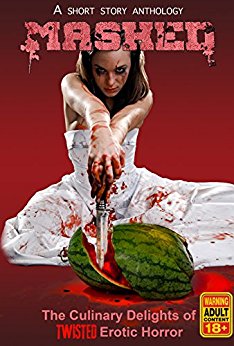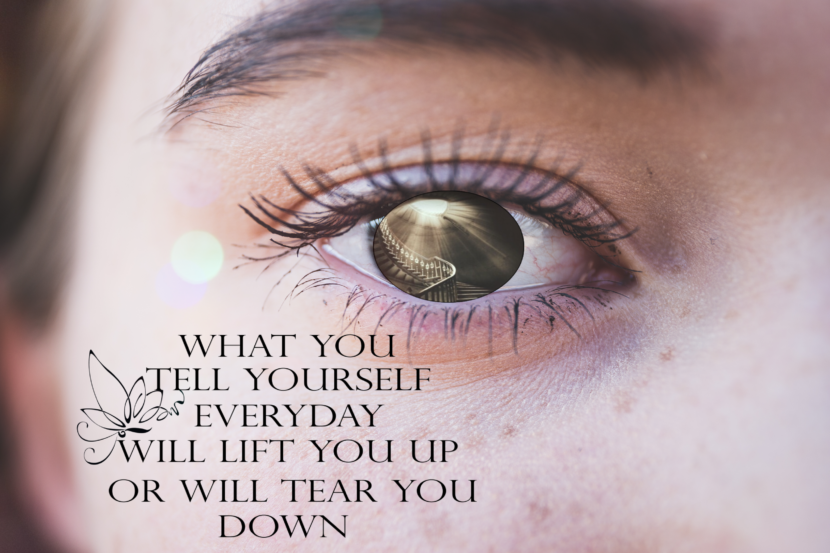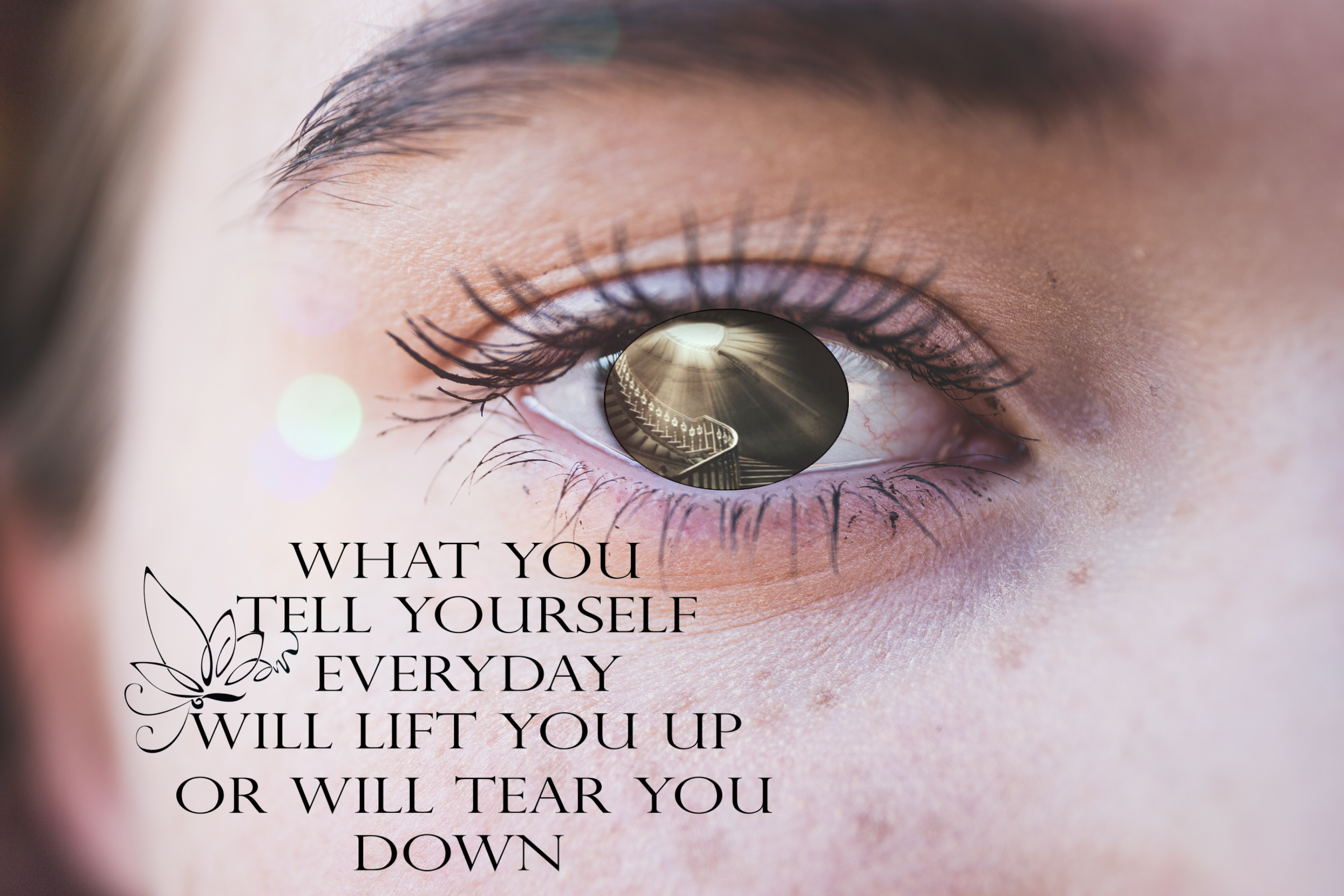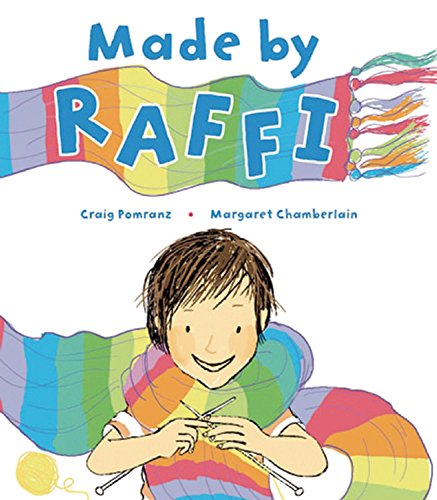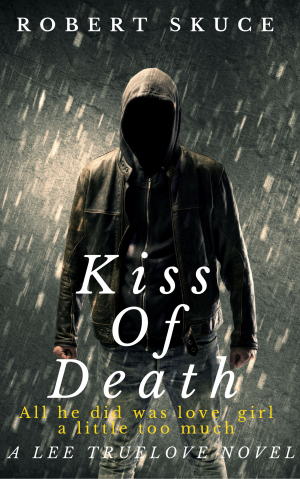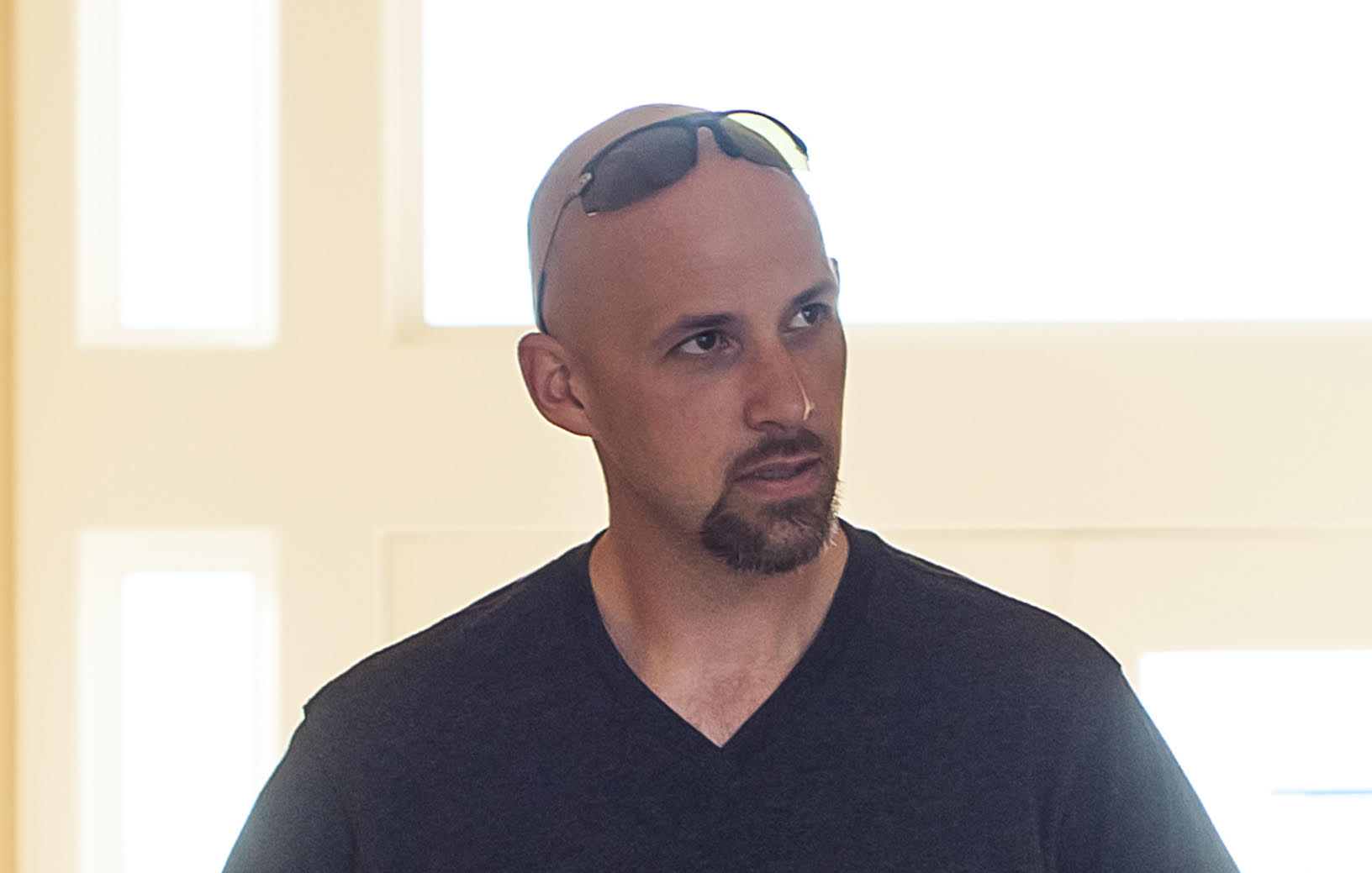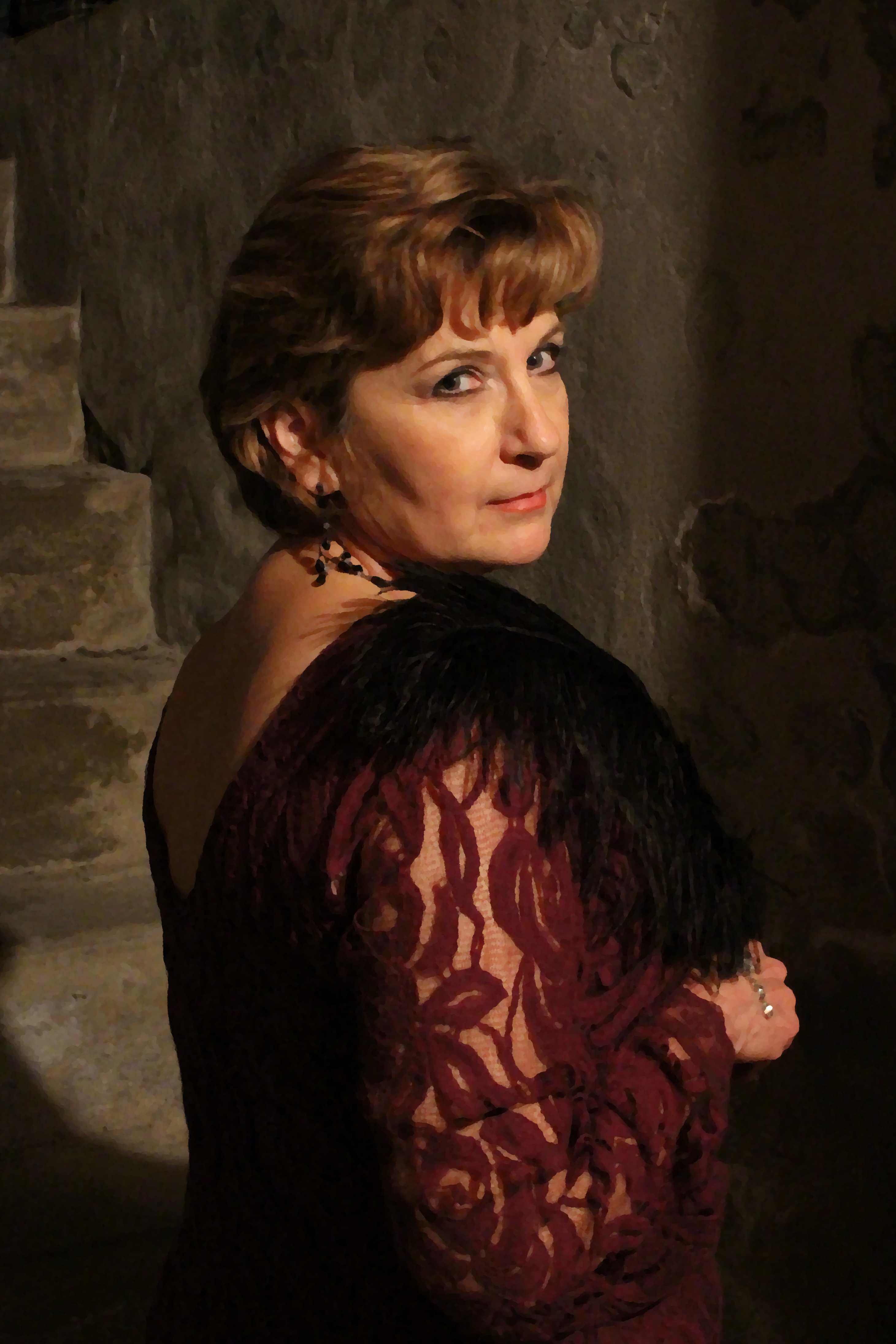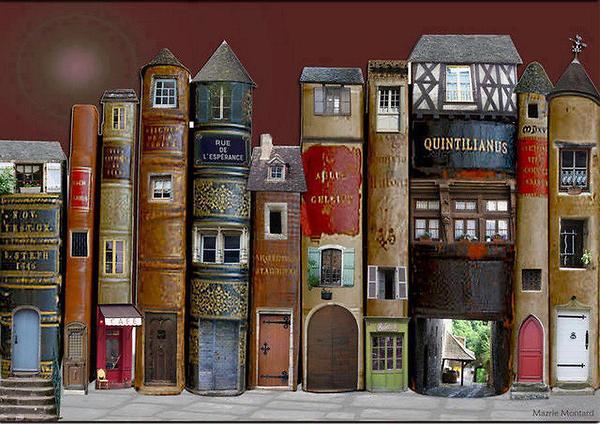An Interview with Author Jay Gunter
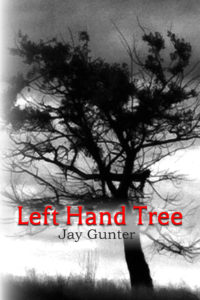
The much awaited ‘Left Hand Tree’ by Author Jay Gunter released in hardcover on January 19, 2017.
Kindle Edition is also out now!
A book makes its way to your heart and your bookshelf not only because of the content but because of the honesty with which the author presents his ideas to the readers. Only when a reader convincingly witnesses the author’s integrity and commitment do they ensure the novel is a bestseller. Author Jay Gunter promptly said yes to this interview to ensure his affection and involvement with all of you. He brings to all of us a Giveaway along with the release of Left Hand Tree.
If you are ready to witness the goosebumps of a suspense thriller, all you need to do is go get your Kindle Edition right away and then grab the hardcopy too at a bookstore near you!
Jay Gunter the author of “Left Hand Tree” generously answered our questions to make this a memorable interview.
Learn more about the author, and his novel and why it is impossible to ignore Left Hand Tree.
WeLoveQuality Books: Tell us something about yourself, Jay.
Jay Gunter: I was born in Great Falls, Montana. I currently reside in the Spokane, Washington area where I teach Communication Studies at Eastern Washington University.
WeLoveQuality Books: How about your favorite genre?
Jay Gunter: (With a wide grin!)Well, my interests range from action and horror films to supernatural and suspense fiction. I have enjoyed things outré and frightening since I was a very young boy, although I may have disputed the fact at that young age.
WeLoveQuality Books: Go on!
Jay Gunter: Now with a throaty laugh!) “I can remember sitting on my dad’s lap one Saturday afternoon, watching Boris Karloff as Frankenstein’s monster on our television set. Karloff was doing his genius performance as the monster, howling and growling and battering at this door in order to escape, and it was so loud and scary and awful, that I sat and screamed my head off while my dad fruitlessly tried to get me to realize that it was all just a movie. But that monster was absolutely real to me, and I just wanted it to go away. Finally, my mom had to intervene from the kitchen; she told my dad to just turn the channel, and he did. After that, if I even saw a hint of a Frankenstein, or a Wolf Man or other old-fashioned monster on the TV, I’d either leave the room, or I’d stare at the screen and whimper like a bird hypnotized by a snake. I’m sure that warped me somehow.”
WeLoveQuality Books: When did you realize that you had a writer in you?
Jay Gunter: The one specific moment I can remember when I made a definite, concrete decision about actually wanting to be a writer, was in junior high school, right after I had just read Ray Bradbury’s story, Pillar of Fire, and I just loved it! I went outside afterward, to the edge of where my folks’ rural property stopped being developed land and became a tangle of pine trees and wooded hills with a footpath worn through it. I remember standing right where that path started, at the top of a short hill, and thinking to myself, “If only I could make someone as happy as I am right now with something I create.” There were other moments like those, but that was probably the most dramatic.
WeLoveQuality Books: What are your first memories of your journey as a writer?
Jay Gunter: Up until about junior high school, I had every intention of being a cartoonist like Charles Schultz, but I’d draw monsters instead of Charlie Brown and Snoopy. But then I got a hold of a book of Ray Bradbury’s stories at the school library, Long After Midnight, and here was something new and different. The cover was filled with odd creatures, and the subtitle of the collection was “22 Hauntings and Celebrations”. But inside were stories about love and loss and the frustrations and joys of the human condition. And even though they frustrated my initial craving for stories about monsters and ghosts, instead of causing me to put the book down, those stories compelled me to keep reading, because of their language and their emotion and their ease of accessibility, even to a pre-high-schooler. I soon got my hands on The Martian Chronicles, which was more solidly otherworldly stuff, and I loved it.
Right after that, I discovered a big cache of paperback books left by Mark Greg, a young man who had once attended the church I went to when I was younger. His parents and mine were friends, and my family would often visit the Gregs’ house. Mrs. Greg would allow me to borrow those paperbacks and read them since he had left them in his old room when he graduated from college and moved out. Among them were Bradbury’s The Illustrated Man, R is for Rocket, and S is for Space. There was also Harlan Ellison’s Dangerous Visions anthology, Gordon R. Dickson’s Hour of the Horde, Robert Heinlein’s The Puppet Masters, and a slew of other science fiction paperbacks. And after reading all this material, I slowly started to want to be a writer instead of a cartoonist.
WeLoveQuality Books: Your work has been compared to Poe’s. What is your fav book by Poe and what did you take from it?
Jay Gunter: Would you believe I never really got into Poe all that much over my lifetime? I recognized his significance, and I saw his genius in creating iconic stories that were channeled toward eliciting terror in a reader. But I just never considered him a hero or a big influence. I really don’t know why especially when so many of the writers I did consider mentors were definitely influenced by him! I guess if you wanted to see who really affected me in the field of horror, you’d have to start with the next guy in line, H. P. Lovecraft. Lovecraft ate, drank and slept Edgar Allen Poe, but Lovecraft also had all the monsters and weird, otherworldly influences that I really craved as a reader, while Poe was pretty straightforward and psychological in his tales—even the supernatural ones—though his tales of terror were heavily gothic and atmospheric.
My education as a horror enthusiast really kicked in when I discovered Lovecraft from a Ballentine paperback book of his earlier tales, and then Stephen King with ‘Salem’s Lot, and The Shining. Other guys, like Peter Straub, Robert Bloch, and Dean Koontz fell into place for me also. And there’s a pretty special place for Arthur Machen in my heart as well. I found a Pinnacle paperback edition of Tales of Horror and the Supernatural with a cover painting depicting an evil, fanged woman surrounded by demons in the fires of Hell who are busy tormenting helpless figures. That edition introduced me to “The Great God Pan”, “The Inmost Light”, “The Shining Pyramid”, and other tales of otherworldly evil that used language as a magic spell that made you feel the presence of the darkness beyond our factual little world! “The Great God Pan” affected me so much that for years while growing up, I couldn’t go out into the pine woods on my property for fear of turning a corner in the thinly-treed forest and running into some goatish presence that would turn its head, look right at me, and strike me crazy with a glance!
Much later, after I graduated from college, I discovered M. R. James, and found another Victorian-era writer who could create fear with a few well-chosen words. James was so effective at creating fear in a reader, it was like being stabbed—one-two-three!—with a stiletto to the midsection. The thing I responded to in James was that when he wrote a story of terror, he wasn’t writing to impress people with how smart he was, even though his prose and storytelling are both brilliant. He wasn’t creating some ghostly presence that you could maybe dismiss as a possible extension of a psychological condition of the story’s protagonist. He was creating a hideous revenant from a bygone era that some foolish person blunders into and pays the price! Before I discovered M. R James, I had become used to post-modern horror writers writing about the bleakness of a meaningless existence, and not even bothering to try to frighten the reader, which to me is like a comedian not bothering to try to be funny! James’ “Canon Albrecht’s Scrapbook” was so effective, that it took me fifteen minutes to work up the courage to turn out the lights in my bedroom.
WeLoveQuality Books: How did the idea of Left Hand Tree originate?
Jay Gunter: Left Hand Tree is what I’d call an anthology novel. I’ve taken a number of separate stories with interconnected settings, themes, and so on, and bound them together with a central story. This is kind of like what science fiction author Ray Bradbury did with his short stories about Mars to create The Martian Chronicles, or his Green Town stories, which formed Dandelion Wine. Stephen King did this as well, I believe, with Hearts in Atlantis. I initially wanted to create a series of stories that dealt with horror as a spiritual factor, and that all took place in a fictional place similar to my own Spokane home . . . but with certain unpleasant differences!
WeLoveQuality Books: Is it a complete work of fiction?
Jay Gunter: Yes, though more stories that take place in the “world” of Left Hand Tree are entirely possible!
WeLoveQuality Books: What were the challenges that you faced while bringing Left Hand Tree to the world readers?
Jay Gunter: As unromantic as this may sound, writing itself was the hardest thing! Just getting my butt down in a seat and my fingers on a keyboard so I could finish the writing that I’d started was a big challenge. It took me almost ten years to create Left Hand Tree, and there are many writers who would look at me after hearing that, and just shake their heads and think, Wow, what a lazy excuse for a writer! And to be honest, they’d be quite right!
WeLoveQuality Books: As a writer do you think creating a Thriller is tougher than writing in other genres?
Jay Gunter: Not really. Only if you look at creating suspense or horror stories like an inventor approaching the task of creating a better mouse trap does thriller writing become a chore or an insurmountable task. You have to love what you write about. If you love spies and espionage, you should write spy stories. If you love car chases and action, you write stories that deal with those things. And if you love being scared by stories of disembodied voices crying on the wind, or nameless things dragging themselves through churchyards at night, then you should pour every ounce of love you have for those things into your writing as you possibly can!
